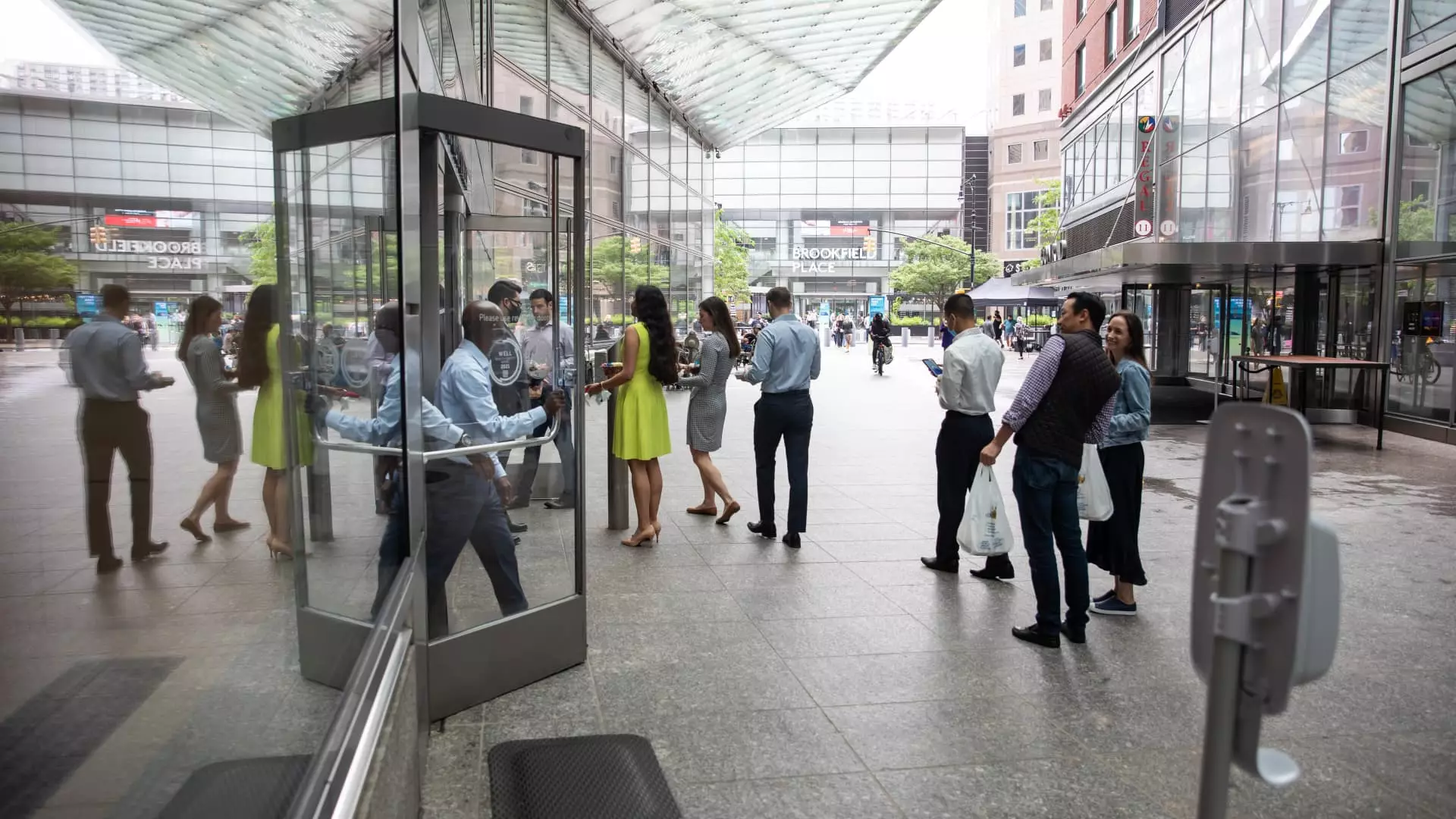In a stark reflection of corporate sentiment, a recent survey highlights a troubling outlook for the U.S. economy, revealing that a staggering 62% of top executives foresee a recession looming on the horizon. Conducted with over 300 CEOs in April, this survey by Chief Executive has stirred unease within the ranks of America’s business elite. Such a dramatic shift in perspective, increasing from 48% just a month earlier, casts a shadow over the foundation of economic prosperity that many had assumed would endure. The underlying causes appear to be more than just speculative; they are influenced by the erratic and unpredictable nature of current policy decisions, particularly President Trump’s tariff strategies.
Tariffs and Tremors: A Volatile Landscape
The survey’s findings are not merely statistics; they are echoes of executives grappling with instability. Nearly three-fourths of those surveyed relayed concerns that the ongoing tariff debates could detrimentally impact their businesses as soon as 2025. With approximately two-thirds expressing disapproval of the proposed tariffs—many of which remain in limbo—the sense of immediacy is palpable. The previously steady course of business has transformed into a minefield of uncertainty, with the CEOs now sounding alarm bells over exponentially rising costs. The plummet of a critical index representing CEO views on current conditions by 9% in April further underscores just how dire feelings have become, marking a descent to levels not seen since early 2020.
The Financial Forecast: A Bleak Prediction
When asked about future company performance, fewer than four in ten CEOs currently project increased profits—a worrying drop from 76% at the beginning of the year. This sharp decline signals a fundamental shift in the economy’s perceived trajectory. The dread of spiraling costs is entwined with negotiations over import taxes; about 80% of CEOs anticipate significant cost increases for their businesses this year, with nearly half expecting double-digit hikes. The idea that rising expenses could choke profit margins is a legitimate concern that weighs heavily on executive minds.
Moreover, it’s not solely the CEOs who are casting doubts on the economy’s robustness. Influential leaders like JPMorgan Chase CEO Jamie Dimon have publicly suggested that earnings estimates for S&P 500 firms are likely to deteriorate in the face of persistent uncertainties surrounding tariff impositions. As if that wasn’t enough, BlackRock CEO Larry Fink has sounded the alarm even louder, suggesting that the U.S. economy might already be in a precarious state, teetering on the brink of negative growth.
A Flicker of Optimism Amidst the Gloom
Yet, even in such bleak circumstances, nuances emerge. Just over half of the CEOs surveyed still harbor hopes of better business conditions over the coming year, a sign that resilience may exist amidst chaos. This represents a notable uptick from the previous month’s figures, hinting that some executives may be girding for a potential recovery. Tariff relief may also be on the horizon, as recent announcements regarding exemptions for electronics could serve as breathing room for businesses currently under siege.
Despite the silver linings, the overarching atmosphere remains drenched in caution. To discount the sheer volume of anxiety expressed by the survey participants would be naive at best. While optimism is admirable, it often needs to be tempered by the realities unfolding in the financial landscape.
The Broader Implications of Corporate Sentiment
The essence of corporate sentiment offers critical insights into the broader economic narrative. As we analyze the findings of this survey, one is drawn to ponder the implications of widespread pessimism among the nation’s top executives for average consumers and smaller enterprise operators. If corporate leaders are bracing for a downturn, the rippling effects will undoubtedly trickle down, impacting hiring practices, consumer confidence, and overall economic health.
The attitude that big businesses adopt may inadvertently shape the psychology of the market, and by extension, the spending habits of everyday Americans. Spiraling costs and dwindling profits may invoke a reactionary tightening of budgets, leading to an economic domino effect that stifles growth.
As we navigate through these turbulent times, it’s essential to remain vigilant, understanding that the forecasts shared by CEO powerhouses carry weight and merit deeper reflection on the policies that shape our economic environment.

